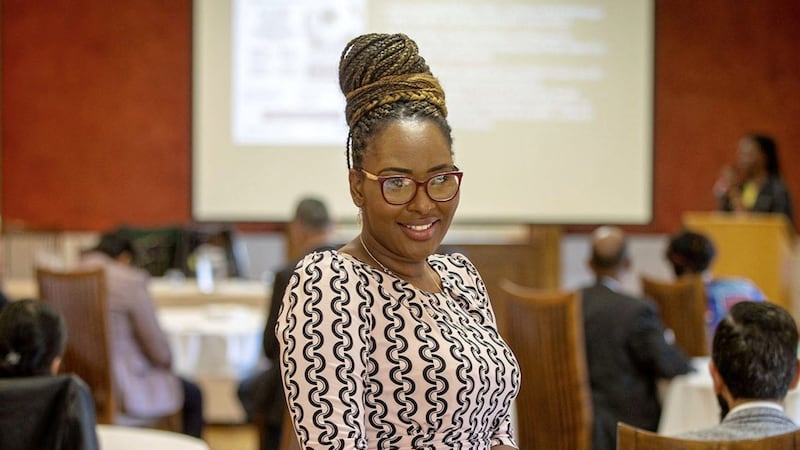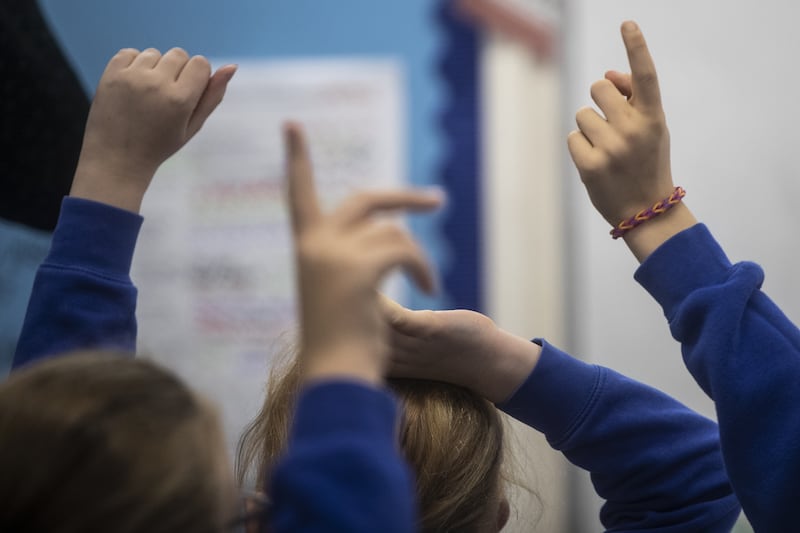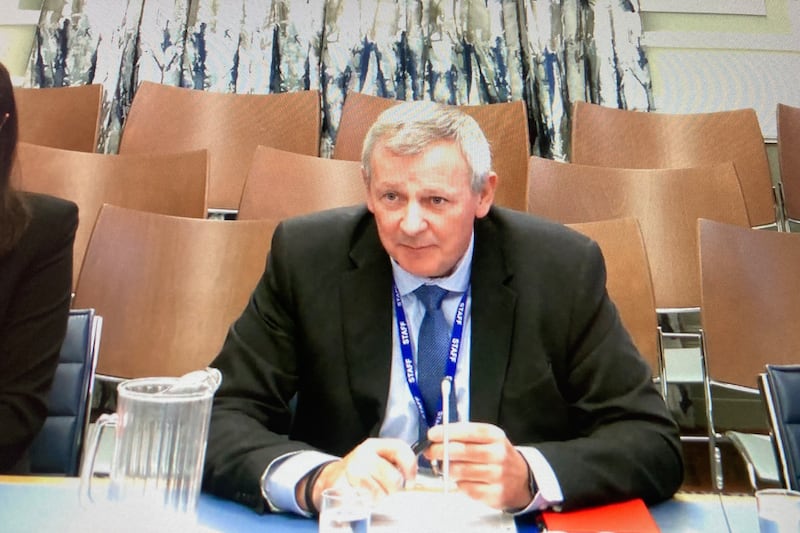A REPORT examining links between persistent educational underachievement and socio-economic background has been published.
An expert panel was appointed by Education Minister Peter Weir as part of the New Decade, New Approach agreement.
Its report - A Fair Start - has identified eight key areas within which there are almost 50 actions for change.
These are aimed at supporting children from birth and throughout their early years up to and including the time they start school.
This includes championing emotional health and wellbeing, ensuring the relevance and appropriateness of curriculum and assessment and promoting a whole community approach to education.
The panel also wants to see the maximisation of boys' potential.
While academic selection was not mentioned specifically within its terms of reference, the panel heard a lot about the issue and its impact.
It reported there were "some very clear voices in opposition to selection at 11".
Evidence emerged that selection skewed teaching at Key Stage 2, prioritising literacy and numeracy at the expense of other areas of learning.
In addition, transfer outcomes for pupils eligible for free school meals were significantly lower than for non-FSME pupils, leading to significantly lower percentages of FSME pupils attending grammar schools.
The panel also said it recognised that barriers to academic attainment which existed as a result of economic deprivation "affect boys across all communities".
There were particular issues facing working-class Protestant boys which have been well documented and were highlighted specifically within New Decade, New Approach.
"While the percentage of Protestant FSME boys not achieving 5+ A*-C grades at GCSE including English and maths is higher than the percentage of Catholic FSME boys, it is acknowledged that this is not a problem which affects only one community," the report said.
"For instance, although representing a lower overall percentage, the number of FSME Catholic boys not achieving 5+ A*-C grades at GCSE including English and maths is higher than the number of Protestant FSME boys."
Mr Weir said the report was one of the most important he had overseen.
"If, as a society, we are serious about wanting to see fundamental change for the benefit of our most disadvantaged, everyone in Northern Ireland must prioritise education and learning as a route out of poverty," he said.
"We need to give our young people confidence, instil within them self-belief that they can succeed and provide the support they need to thrive in school. The crucial work of the panel provides a road map for how we can achieve all these things."
Panel chairman Noel Purdy said the actions were capable of making a long-lasting impact.
"This can only be achieved if we invest appropriately and significantly in education for the long term," he said.
"In commending this action plan to the Northern Ireland Executive, we fully recognise the magnitude of the challenge in addressing the underlying causes of social disadvantage, the intractability of many of the issues facing families living in disadvantaged circumstances and the need for systemic change in education to be considered by the forthcoming Independent Review of Education.
"But we are also convinced that the impact of the actions proposed in this action plan will be significant, promoting equity, fostering greater collaboration between schools, families and communities, closing the achievement gap, and giving all of our children and young people a fair start."








